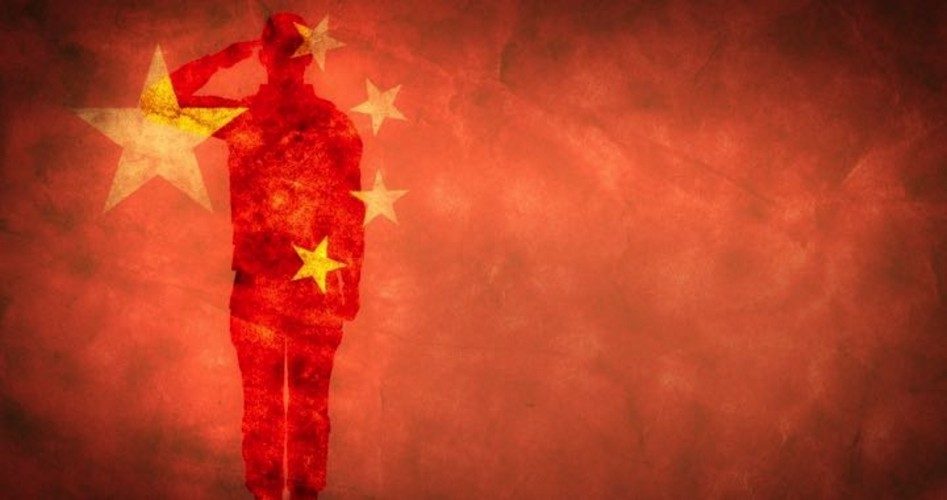
Just as Adolf Hitler turned the Berlin 1936 Olympic Games into a propaganda spectacle, highlighting his “new Germany,” it appears that China’s extravagant display of military hardware starting tomorrow is meant to have a similar impact. And just in time, too, as more numbers showing China’s faltering economy are being released.
Those Olympic Games “provided Hitler with a showcase,” wrote University of Pittsburgh history professor Barbara Burstin on the 80th anniversary of those games. “It was a propaganda bonanza for him.” She added:
[They] … dulled the opposition to [Hitler] that clearly had been quite evident up to 1936. A lot of people felt he was clearly heading in the wrong direction, and by going to the Olympics [the West] gave [him] the opportunity to appear sane, rational and tolerant.
Starting Tuesday, October 1, the celebration of 70 years of communist oppression of the Chinese people will begin in earnest. The sheer enormity of the celebration is likely to mask any concerns about the country’s faltering economy. According to the BBC, 15,000 military personnel will be taking part, along with a rolling display of 580 pieces of military hardware and 160 aircraft flying over Tiananmen Square.
Two weeks ago The New American reported on China’s faltering economy, noting that the nation’s industrial production hit its lowest level in more than 17 years, while retail sales, auto sales, and capital expenditures worsened as well.
On Monday additional confirmation of China’s faltering economy was released, showing that both manufacturing activity and sentiment contracted in September for the fifth straight month. After reviewing the numbers released by the government’s National Bureau of Statistics (NBS), along with more reliable sources outside communist control, Martin Lynge Rasmussen, an economist from Capital Economics, wrote, “We remain downbeat on the outlook [for China]. Not only is global demand set to weaken further, but the long-overdue pull-back in property construction is getting underway.”
Economic commentators from the South China Morning Post agree:
While there was a slight uptick on August’s official reading, the fact that manufacturing PMI remains in negative territory is indicative of the weak sentiment among producers, in a month when the trade war with the US escalated significantly. On September 1, new tariffs of 15 per cent on more than US$125 billion of Chinese goods went into effect.
With a tariff increase on US$250 billion of Chinese goods set to happen on October 15, prospects for the month ahead remain gloomy.
Reality will emerge in Washington when a Chinese delegation, headed by Vice Premier Liu He, will meet again with Trump negotiators in another attempt to hammer out an enforceable agreement to rein in China’s theft of intellectual property from U.S. technology companies. The initial meeting is scheduled for October 10, long after the spectacle of the Chinese government’s celebration of 70 years of its communist oppression of the Chinese people has been forgotten.
Image: NiseriN / iStock / Getty Images Plus
An Ivy League graduate and former investment advisor, Bob is a regular contributor to The New American, primarily on economics and politics. He can be reached at [email protected].
Related article:
China’s Economy Continues to Falter Ahead of October Trade Talks



